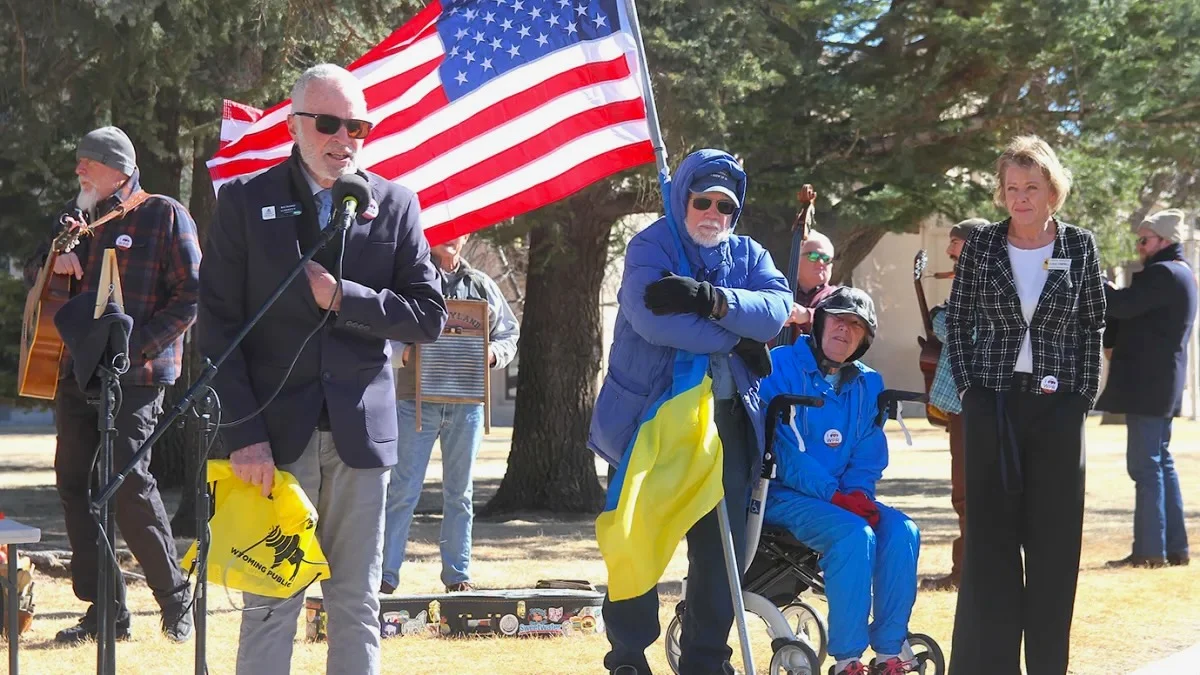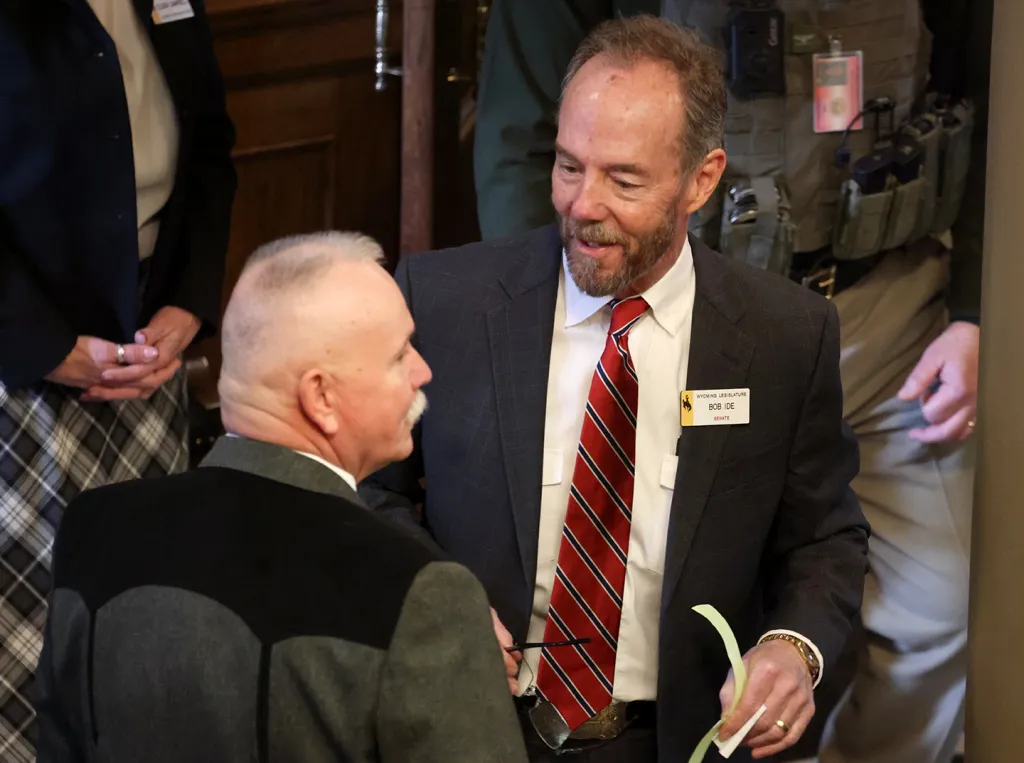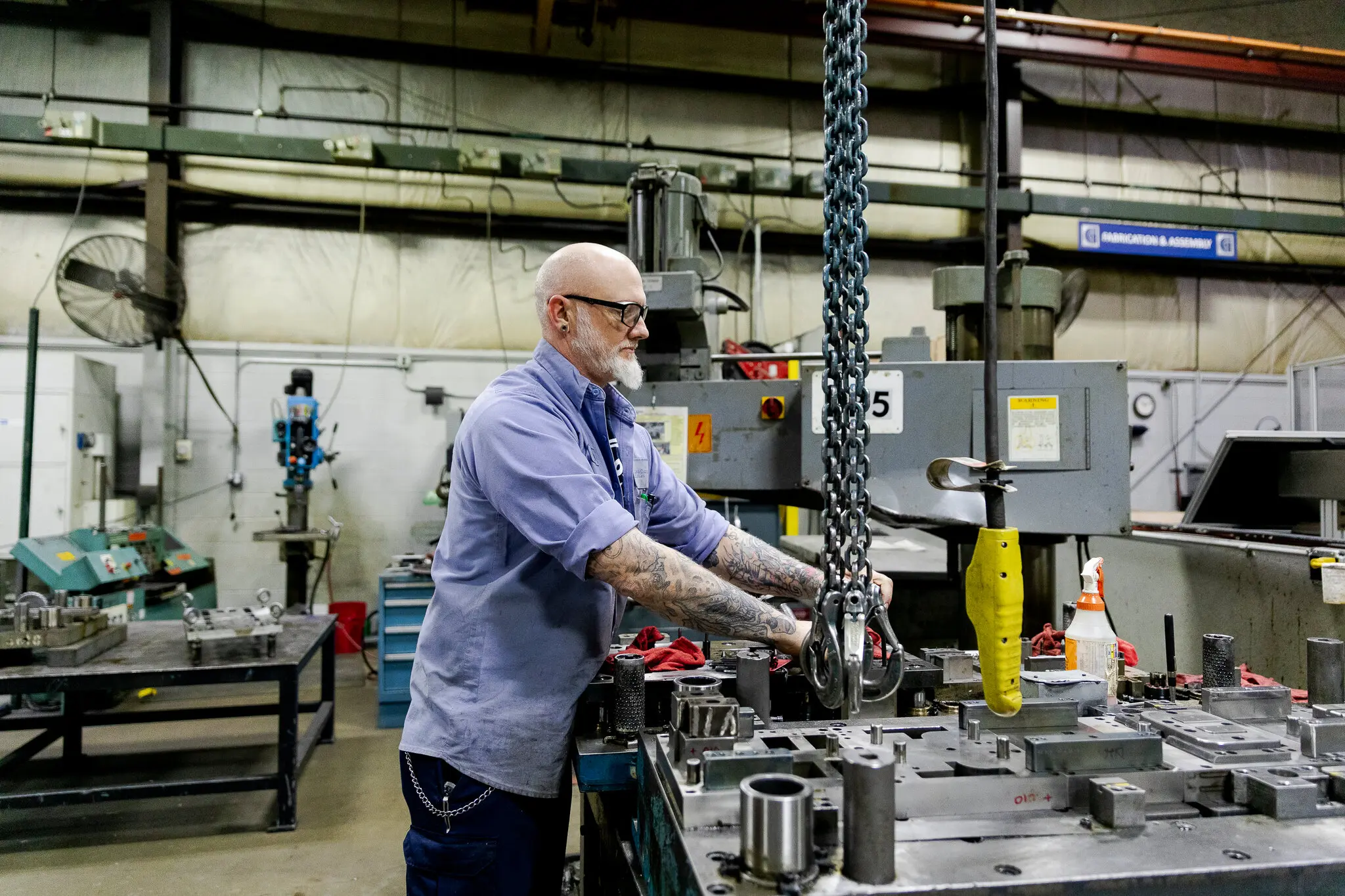ANALYSIS: Pashinyan vs. the Church. How Armenia’s PM Picked a Fight He Couldn’t Win.

If there’s one thing Armenian Prime Minister Nikol Pashinyan has learned this summer, it’s that going head-to-head with the Armenian Apostolic Church is political suicide. After months of barbed social media posts, arrests of outspoken clergy, and even rumors aimed at tarnishing the Catholicos himself, Pashinyan now finds himself backpedaling, forced by a court to apologize for his attacks.
It’s a stunning reversal for a leader who once praised the Church as a cornerstone of Armenian identity. Just five years ago, Pashinyan’s office sent warm telegrams to Catholicos Karekin II on his birthday, celebrating the “strengthening of cooperation” between church and state. Fast forward to today, and not only is the birthday message missing, but two high-ranking archbishops sit behind bars, accused of plotting against the government.
So, what happened? And why has this showdown with the Church — an institution that has survived empires, Soviet crackdowns, and war — left the prime minister weakened rather than strengthened?
The decline started when Pashinyan, frustrated with growing domestic criticism, turned his fire on the Church. On Facebook, he accused one cleric of sordid personal affairs and spread rumors that the Catholicos himself had fathered a child despite his vow of celibacy.
“Everyone has known these stories for a long time,” one student in Gyumri told. “But why does a prime minister, after seven years in power, suddenly decide to dredge this up? It just makes him look desperate.”
The attacks didn’t stop at gossip. Pashinyan began branding his political opponents — often those aligned with or supported by the Church — as “idiots” and blocking them from shaping debate over Artsakh, refugees, and Armenia’s broader identity.
But last week, a judge forced him to issue a public apology. And even though he didn’t mean it — his tone made that clear — the damage was done.

Much of the tension boils down to Artsakh. Since Azerbaijan’s takeover of the enclave in September 2023, the Armenian government has distanced itself from the issue. Pashinyan now openly calls Karabakh a “closed chapter,” dismissing talk of refugee return as “dangerous.”
That pragmatic stance may score points with international mediators, but it’s anathema to the Church, which continues to recognize Artsakh’s diocese and minister to displaced families scattered across Armenia. Archbishop Vratanes Abrahamyan still calls himself the primate of Artsakh — a symbolic reminder that the Church refuses to abandon its flock.
The contrast is striking: while government lawyers squabble over office space in Yerevan that once housed Artsakh’s representatives, the Church quietly assigns a young deacon to minister to refugees.
If Pashinyan hoped to silence critics by locking them up, that too has backfired. The arrests of Archbishop Bagrat Galstanyan in Tavush and Archbishop Mikael Adżapahjan in Shirak shocked even secular Armenians.
Adżapahjan’s courtroom defiance has already gone viral online:
“Trying to frighten someone by imprisonment who has voluntarily limited his freedom is simply ridiculous… No one ever arrested me under Kocharyan or Sargsyan, but now in this so-called democracy, I am treated as a criminal.”
Such words sting, not just because of their moral weight, but because they reinforce what many Armenians already suspect: that Pashinyan has crossed a line from reformer to autocrat.
In the end, Pashinyan’s anti-church crusade looks less like a bold strategy and more like a political miscalculation. Abroad, he may be applauded for “peace with Azerbaijan.” At home, he’s seen as the prime minister who turned his firepower on priests instead of protecting his people.
And that, in Armenia, is a losing hand. The Church has been part of Armenian life for 1,700 years. Governments come and go. Even the Soviets couldn’t erase it. Pashinyan’s apologies won’t heal the rift — and his silence on the Catholicos’ birthday says it all.









The latest news in your social feeds
Subscribe to our social media platforms to stay tuned